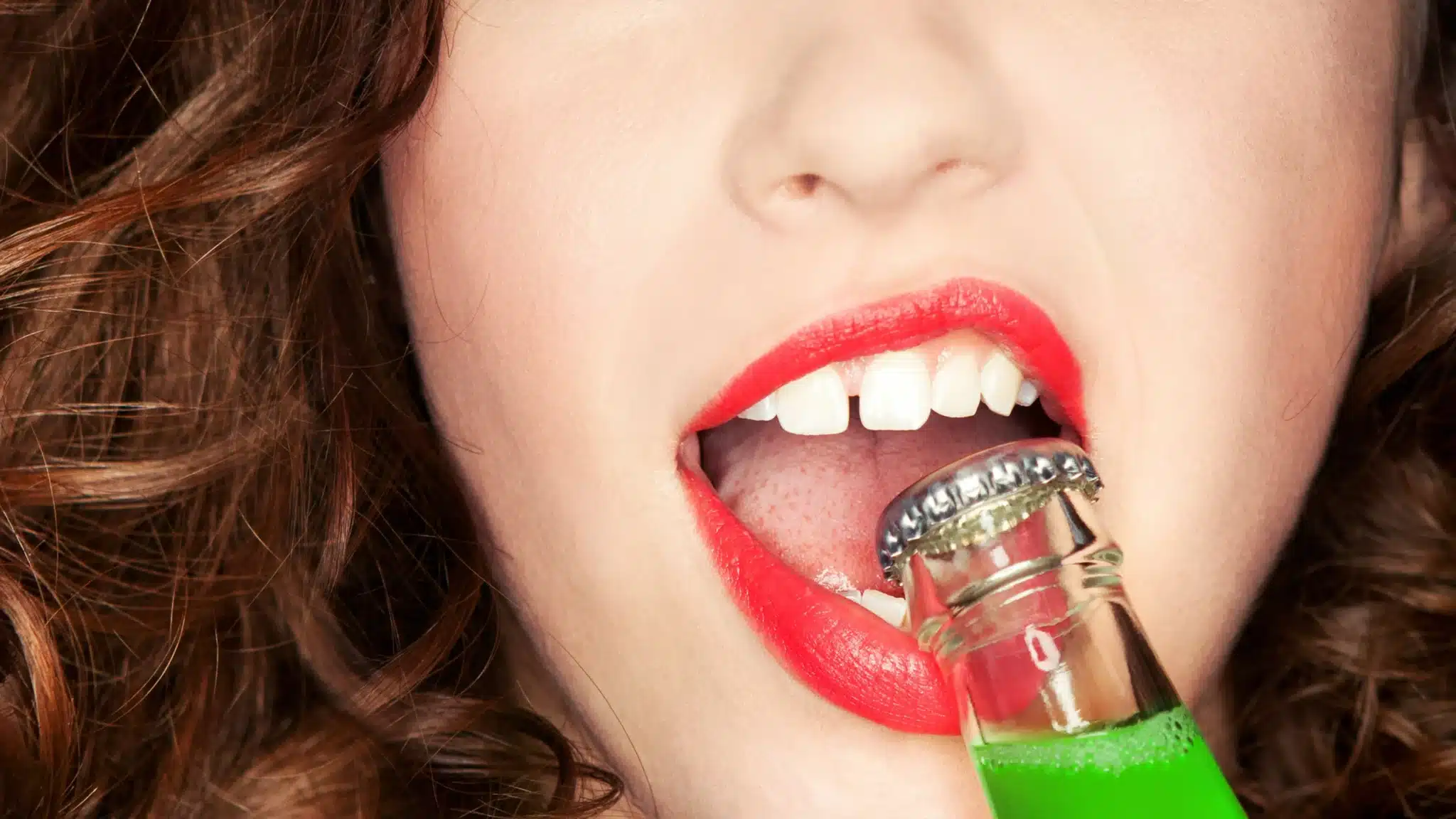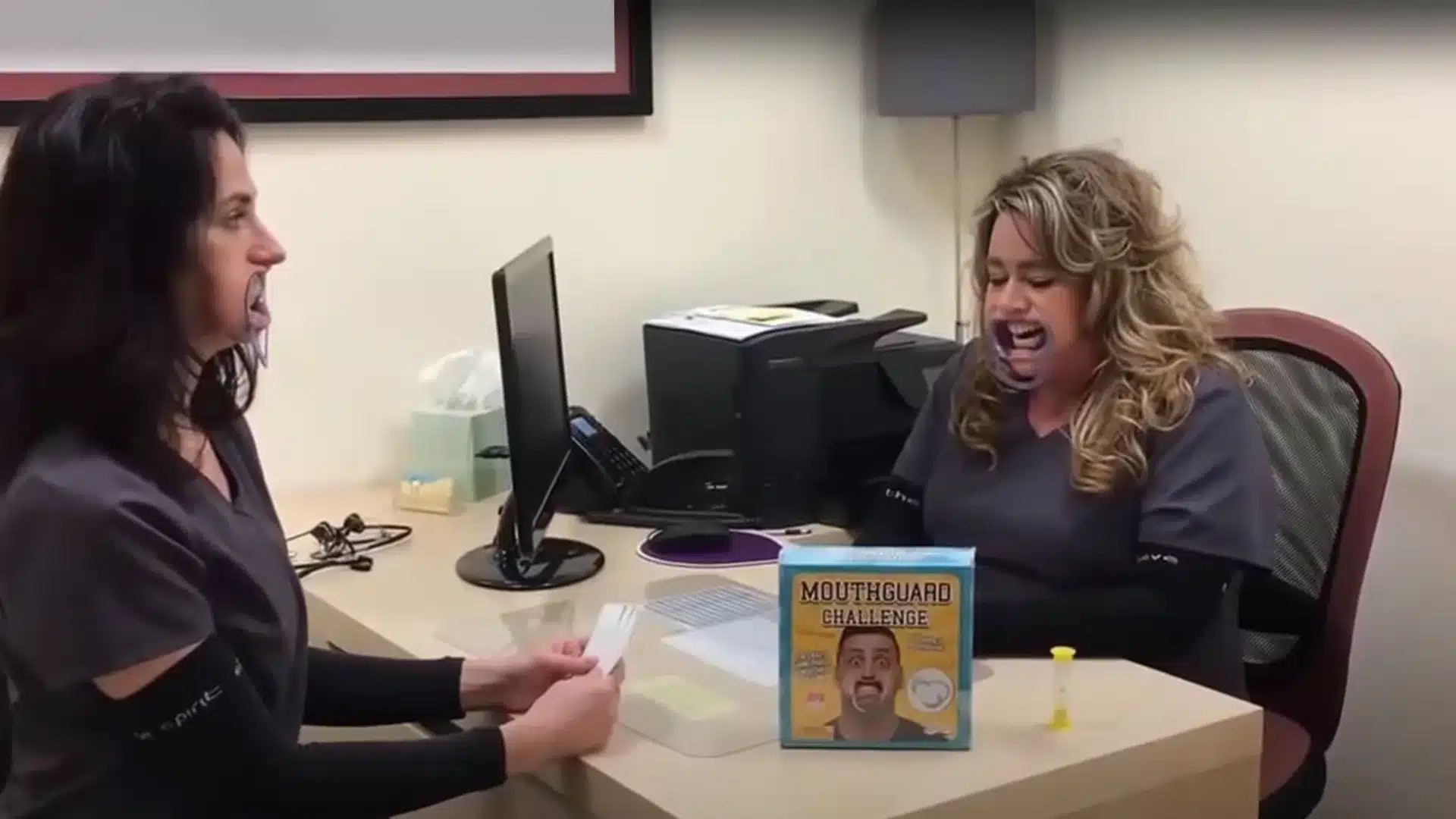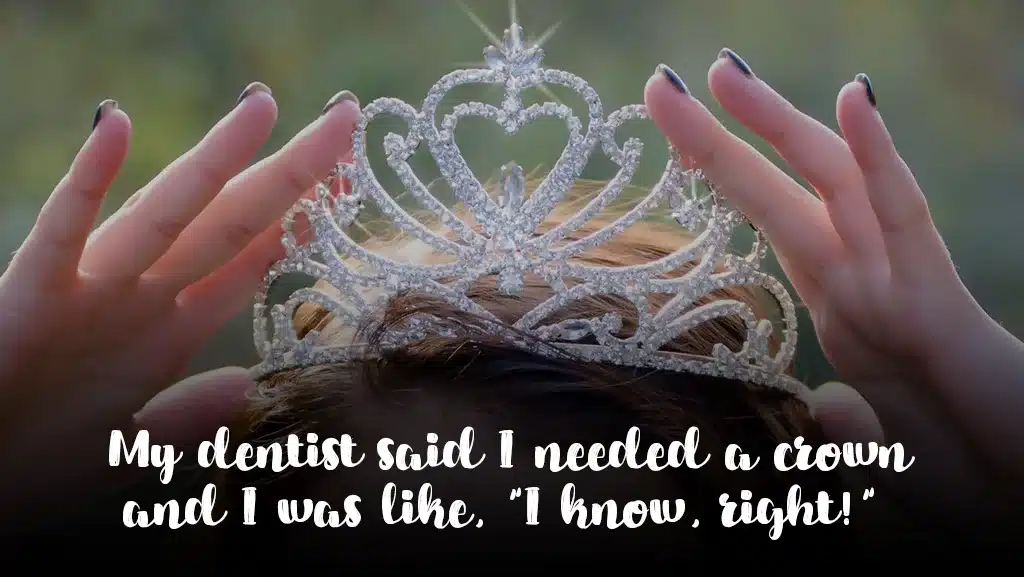When people find out that I am a general dentist, they usually have one of two reactions: recoil in horror, clamp their mouths shut, and mumble some excuse about having to go home and wash the cat; or, proceed to go into great detail about childhood dental trauma, poor genetics, and/or ‘soft teeth.’
A cashier at the local lobster place recently chose the latter and went into great detail about dentures, poor genetics, and ‘soft teeth . . . an affliction which, regretfully, has been passed down to both her daughter and her granddaughter. It’s at times like these that I sometimes wish I’d have just said I was a taxidermist. Fortunately for the cashier, my in-laws were in town for a visit, patiently waiting at home for their Maine lobster. Otherwise, she might have been the recipient of a nose-bleeder, soapbox monologue.
There’s no such thing as ‘soft teeth.’
While you might inherit your hair color, your winning personality, or the ability to use all of the Scrabble letters in one turn from your mother, genetics only factor in about 2% when it comes to dental health. With that said, genes can affect the integrity of a jawbone, density of the tooth enamel, and overall structure of the mouth. There is no “get out of jail free” card; a person’s teeth do not decay, break, or fall out because of bad DNA.
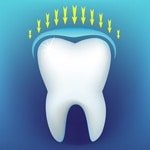
Enamel is the hardest substance in the human body.
It covers any exposed part of the tooth, basically anything above the gum line. It’s strength comes from minerals (calcium, phosphates, and fluoride). Think of enamel like the top coat of a manicure – it serves to protect what lies beneath. The enamel of your teeth protects the dentin that lies beneath.
When dentin is exposed, the microscopic tubes (tubules) inside it allow hot, cold, or sweet foods to stimulate the nerves within the tooth. Enamel erosion is one such cause of feeling a sharp ache when exposing your mouth to extreme hot or cold temperatures.
Erosion of the enamel
Enamel erosion can result from any number of chemical or environmental factors. Not practicing good, consistent oral hygiene is the obvious cause. However, acid is kryptonite to enamel (Mountain Dew and Gatorade are the ultimate, artificial “Bad Guys”), and when it’s produced by a chronic tootsie roll habit, it literally dissolves the outer layer. Frequent vomiting, as seen in bulimia and alcoholism, can also cause a rapid corrosion of enamel. Saliva, which contains calcium, helps to remineralize the dentin, so people who are diagnosed with xerostomia (dry mouth), are also generally at a higher risk of decay.
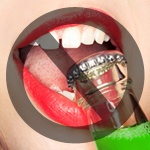
Physical trauma is also a contributing factor to enamel erosion.
Physical trauma can include things you might not think of as being ‘trauma’ such as grinding, brushing too hard (like you’re scrubbing the porcelain in a toilet), chewing on pens or using your mouth as a substitute bottle opener – all of which play a part in putting chinks in your teeth’s suit of armor. It is actually the missing enamel that creates a “soft spot.” the more technical term for this is; “cavity.”
What we do pass on . . .
What we do pass on are our traditions (I cannot celebrate Thanksgiving unless there is green bean casserole) and our bad habits (my wife can write her own blog post about these) which are essentially, learned behavior.

Dental health relies more on nurture than nature; are your father’s fillings due to “bad genetics,” or does he just not brush them as often as he should? Does he get his teeth cleaned and have regular dental check ups? Does he floss every day?
If parents have bad dental practices, then their children (whether biological or adopted) will likely also also have them. If you value and practice good oral hygiene, then you can instruct your children to do the same. They will, in turn, be more apt to do the same with their children, therefore, ending the fictional cycle of ‘soft teeth.’ All the better to eat green bean casserole with, as far as I’m concerned.


